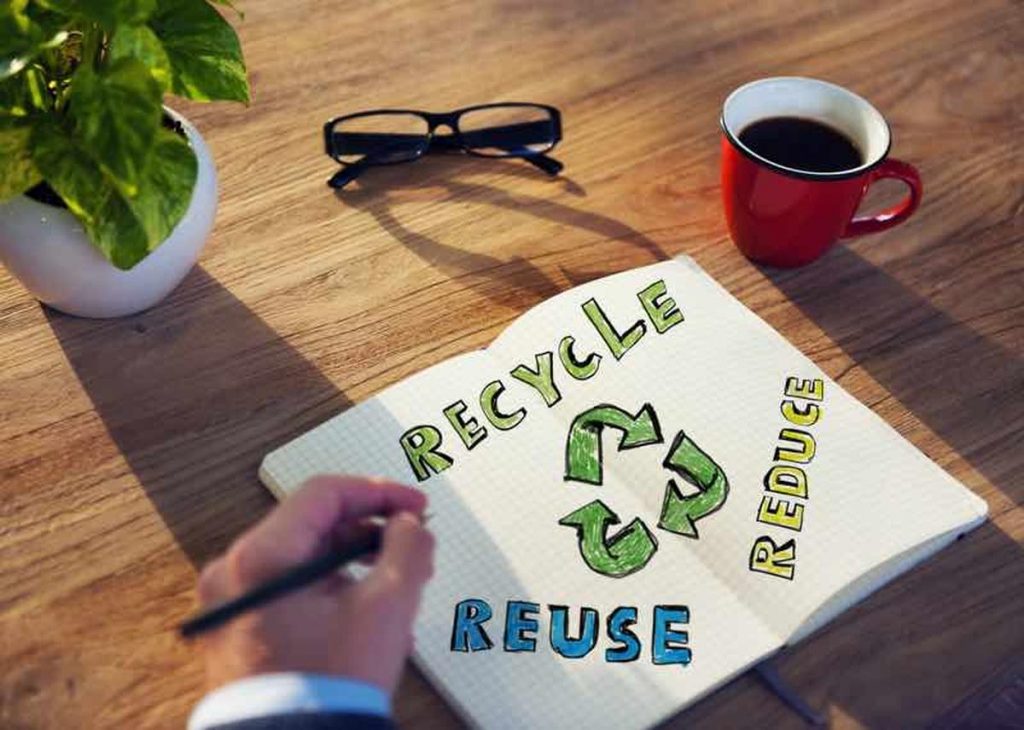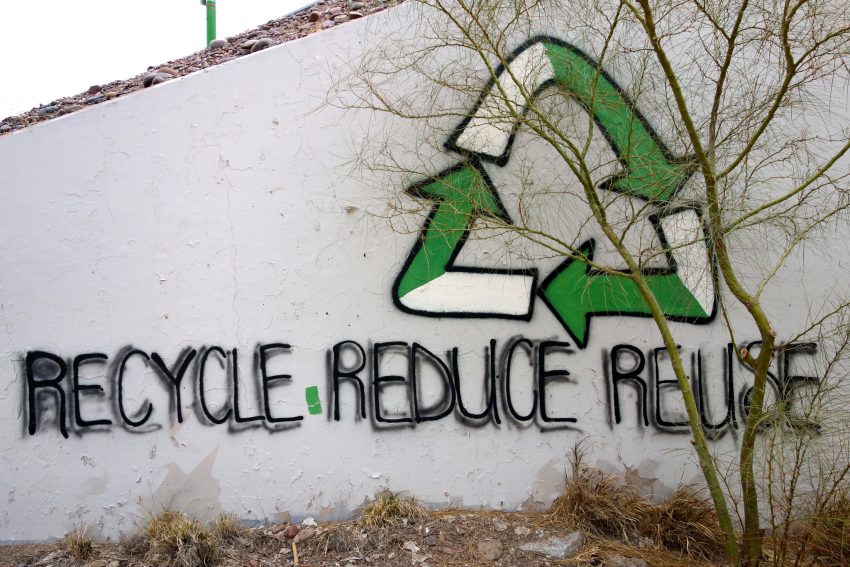Recycling is a process – a series of activities, if you will, including collecting and sorting waste, processing these materials to produce brand new products, and buying and using these new products by consumers. Recycling is more optimized and efficient if we practice the three “Rs” of waste management: reduce, reuse, recycle.
Reducing waste that otherwise goes to recycling centers or landfills involves intentionally reducing our purchases and consumption, composting organic waste and categorically refusing to use disposable items such as polystyrene and plastic bags. Reuse of materials is used to extend the use of a particular item. Examples include turning glass bottles into artistic lampshades, giving old cell phones to family and friends for reuse, and recycling street garbage into community bathtubs.

Let’s review the benefits of recycling:
Recycling helps protect the environment
Recycling greatly reduces the amount of waste that is deposited in our landfills or burned in incineration plants. In most cities, engineered landfills are designed to contain the toxic chemicals that escape from decaying solid waste and reach our water systems. But for how long? We already have reports that hazardous chemicals are contaminating the water supplies of some cities. Burning solid waste to generate electricity can be efficient, but we are paying the price in terms of increased emissions of carbon dioxide and other greenhouse gases.
Recycling promotes energy efficiency
Recycling is much more efficient in terms of energy consumption than producing something from fresh raw materials. If done on a national scale, it could lead to a significant reduction in our energy costs. The energy required to extract, process and transport metal from a mine to a refinery is far greater than that required to recycle metal from used products. It costs more energy to make one brand new aluminum can from fresh materials than it does to make 20 cans from recycled materials!
Recycling helps build a strong economy
Every benefit of recycling in terms of cost reduction, energy efficiency, material conservation and job creation contributes to building a strong economy for our country. Recycling, when practiced on a national scale, has a huge positive impact on the economy. Last year, when the financial crisis began, the price of recyclable materials dropped. Nevertheless, the fact that prices have returned to pre-crisis levels is a testament to the resilience of this industry, a recovery that is much faster than that of most other industries. Jobs are being created, and municipalities and municipal governments are realizing significant savings in electricity, waste collection and landfill.

Recycling creates jobs
Recycling generates more jobs than landfilling or waste incineration. This is an advantage that we cannot lose sight of in this time of recession and high unemployment. Consider the disposal of 10,000 tonnes of solid waste: burning it to produce electricity will create one job; collecting and landfilling it will create six; processing it for recycling will create 36 jobs!
Recycling builds community
People come together and build communities around common causes, issues and demands. Recycling is no different. In many neighborhoods and cities across the country, we see concerned citizens working together through recycling initiatives, environmental lobby groups and free recycling groups. If you are new to recycling or environmental advocacy, find a local group to work for. It’s more fun and rewarding to stay the course when you’re encouraged by other enthusiasts.
The benefits of recycling for each of us, for society and for the environment are our compelling reasons to recycle. For many of us, recycling has become second nature – a way of life. It is a small but extremely vital part of environmental protection. Without recycling, all our efforts to protect the planet will be less effective, if not futile. Let’s all continue to recycle.

